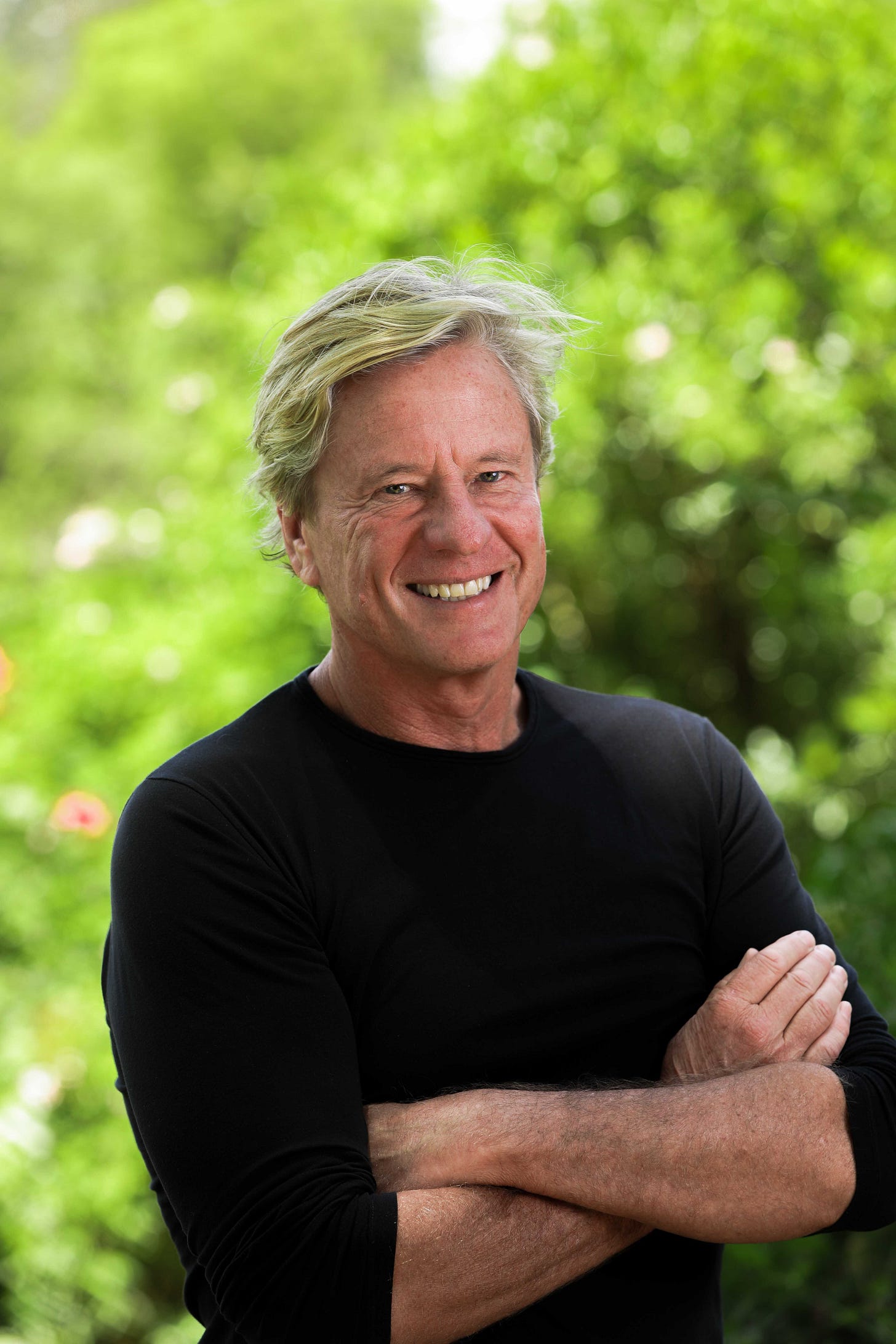Robert Hersov is a South African entrepreneur, investor, and business leader known for his work in media, aviation, and private equity. A graduate of Harvard Business School, he has held senior roles at major global companies such as Morgan Stanley, Rupert & Rothschild, and Richemont. Hersov has founded several ventures, including Marquis Jet Europe and Invest Africa, a platform connecting African investment opportunities with global investors. He is also a vocal advocate for political and economic reform in South Africa, often speaking out on issues related to governance, markets, and national leadership.
Why did we invite him?
Last month, Donald Trump invited SA President Cyril Ramaphosa to the White House, and what transpired caused an explosive global reaction. Dimming the lights and guiding the attention of his guest to a TV set, Trump ‘ambushed’ Ramaphosa with images of fields rowed with crosses, alleging a ‘genocide’ of white farmers in the country. To some, it was
While the central claim the President made has been disputed before and since, it’s catalysed a larger conversation about the nation’s racial tensions. There was a time when South Africa represented a near-mythic example of post-racialism - a country once defined by racist segregation, redefined. We wanted to know how it happened, and how it was undone.
Robert has been a vocal critic of his country’s dark turn and we wanted to explore his thoughts with him. How did it happen? Why is it getting worse?
What did we learn?
Robert starts by giving a brief but informative history of the country, how it arrived at apartheid - ‘separateness, separate development’ - and the mechanisms by which the institutional segregation was undone. Rattling through centuries in seconds, it lays the groundwork necessary to understand how deep these tensions reach, particularly one of the subjects we most wanted to explore with Robert: Nelson Mandela.
Despite boasting one of the most sainted legacies in modern history, Mandela remains a controversial figure. Today, he’s associated with a period of unprecedented peace in the region - so much so, it’s easy to forget the decidedly unpeaceful activities he was associated with.
”He was a terrorist - he was sentenced to jail for life for terrorism, and even human rights organisations at the time did not pursue that case. He was defended properly, and judged properly.”
But while imprisoned on Robben Island, the same man who planned bombings and accepted that women and children would be hurt in the process began to mellow, recognising that the only way to achieve prosperity was forgiveness. A violent terrorist reformed as a merciful pacificist - in the man himself was an analogue, a microcosm, for what could come of his country.
Later, in his tenure as President of the country, Mandela held back the forces that thirsted for retribution. So how did things unravel? Robert explains how the desire for revenge was enflamed and fostered by a changing political guard, and the dire consequences unfolding today. Society backslid into racialisation, initially under the guise of defensible equity schemes, but it exposed a latent tribal thinking that had in the preceding decades become a sleeping giant. And it’s created a “failed state.”




